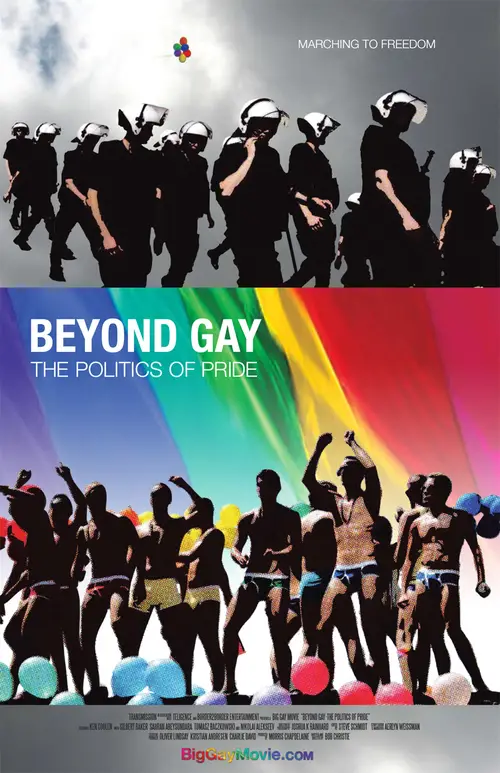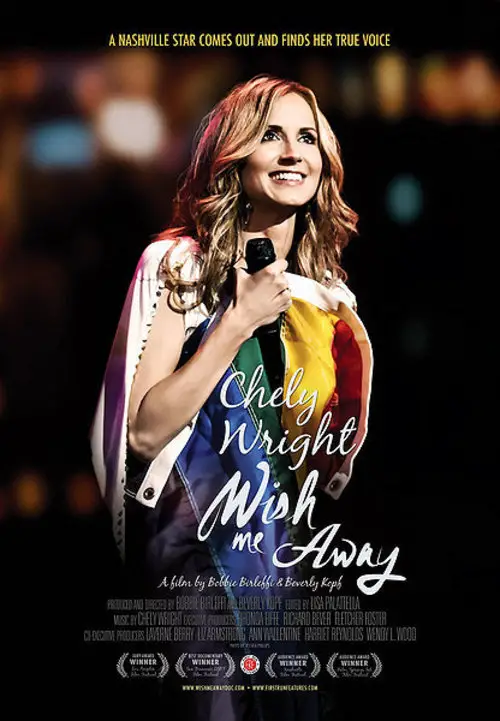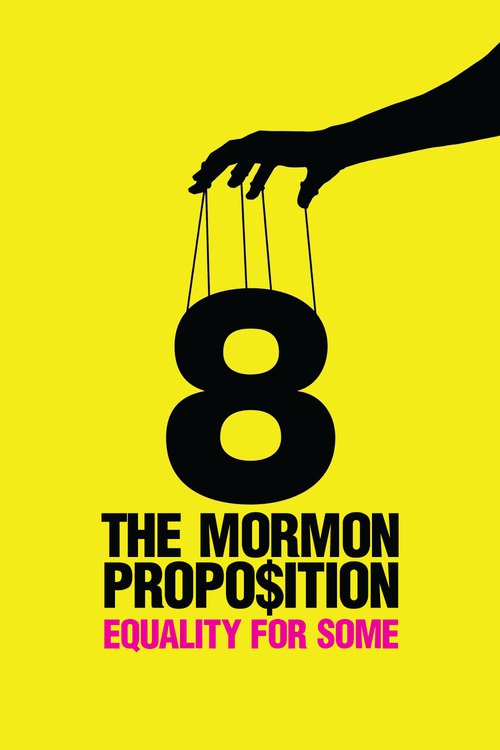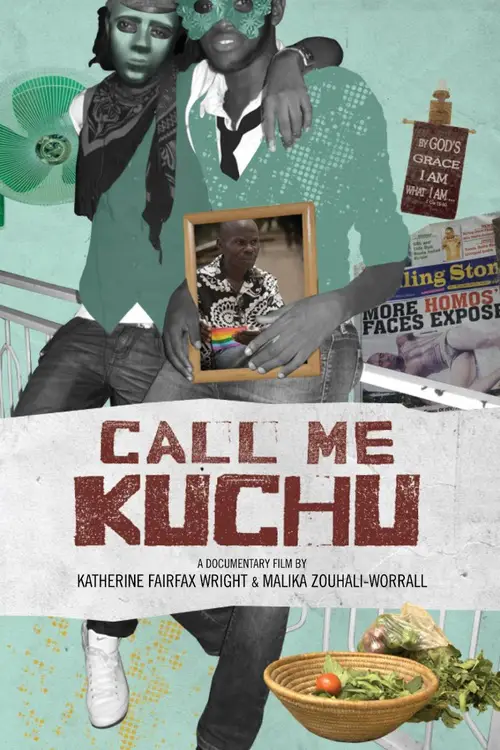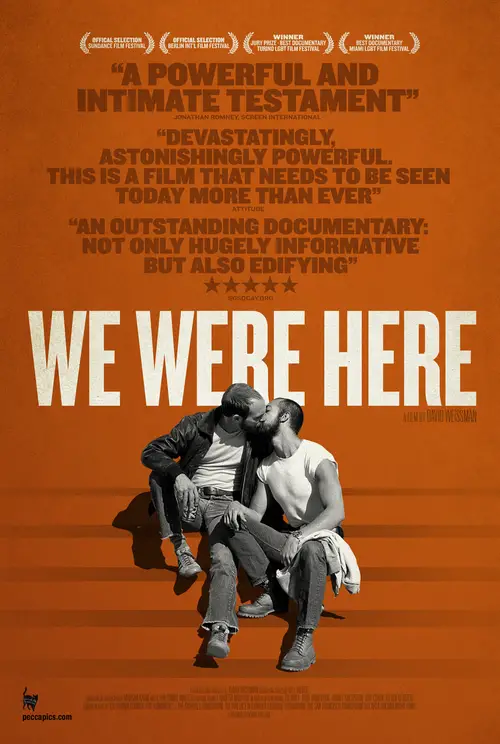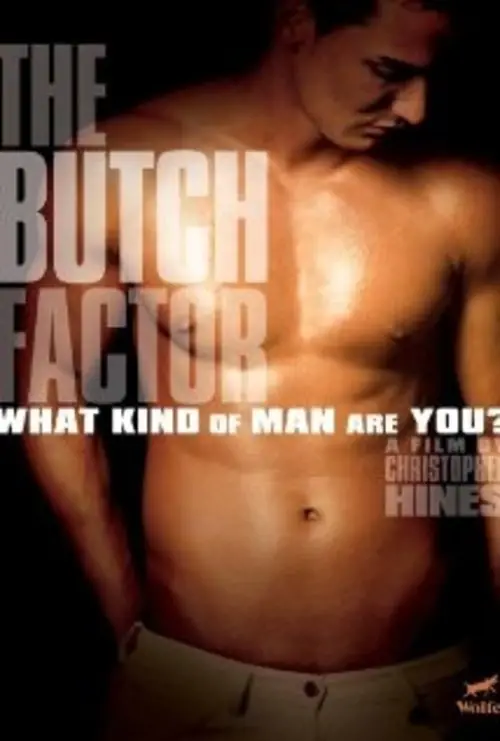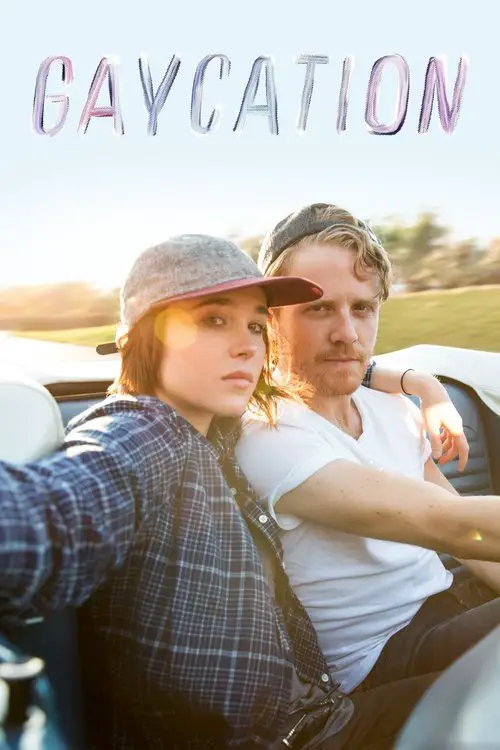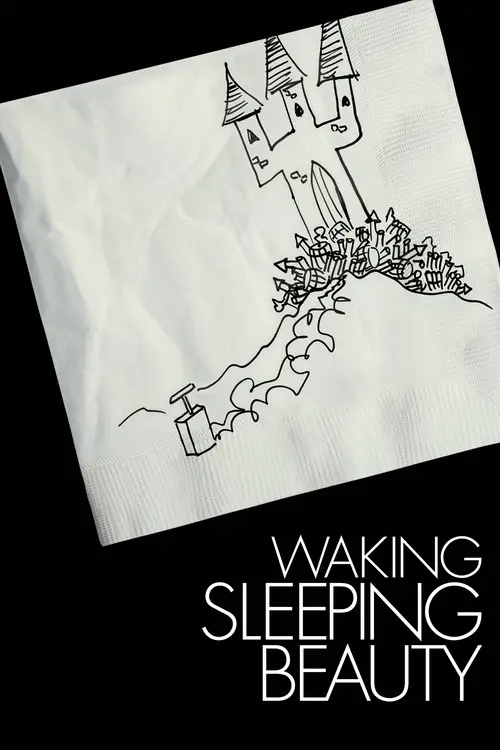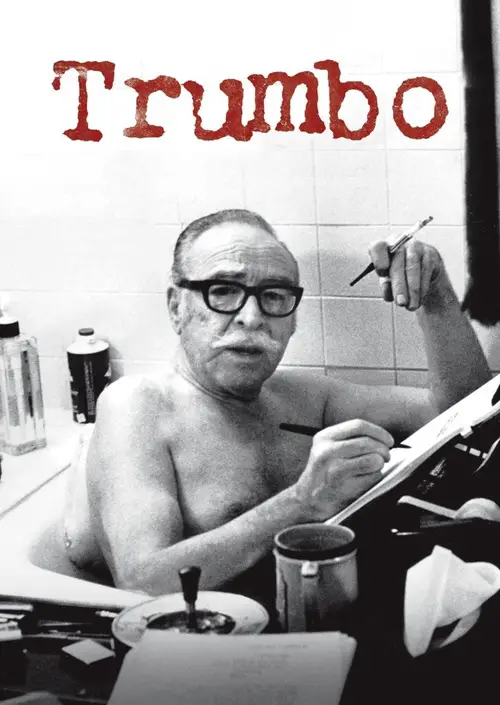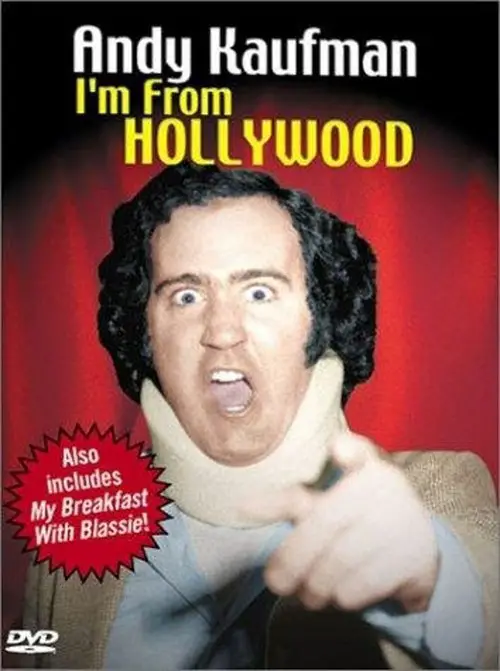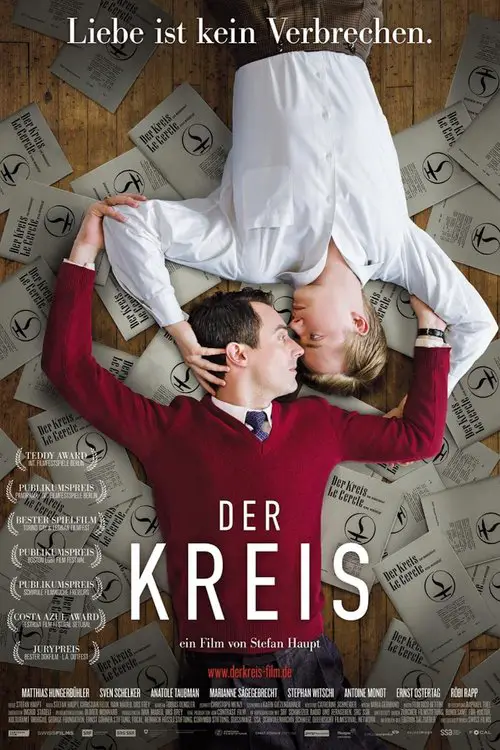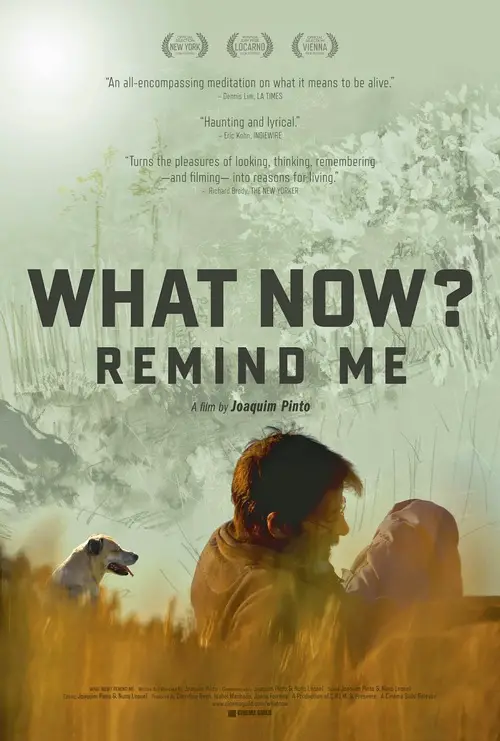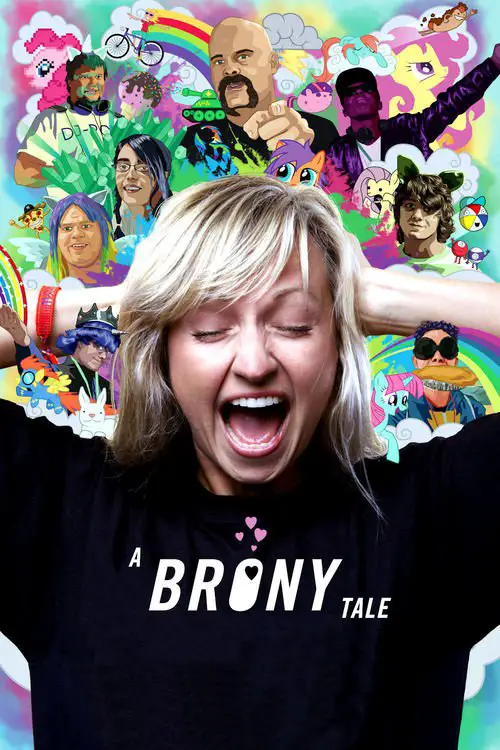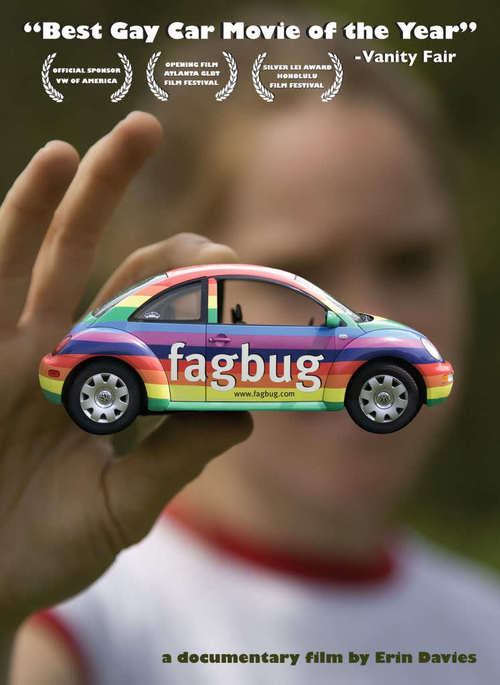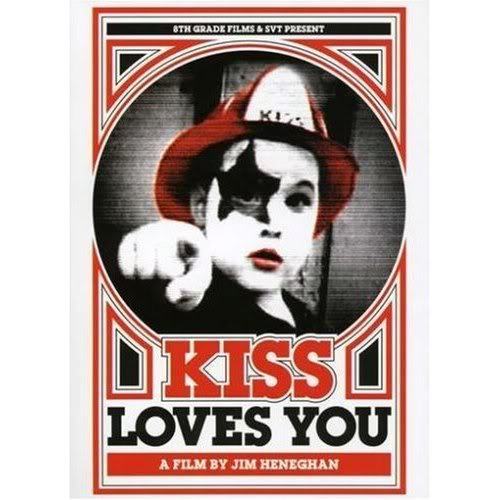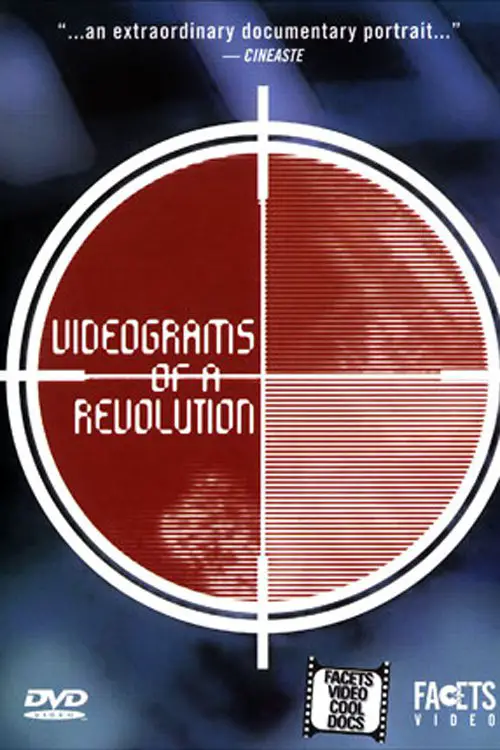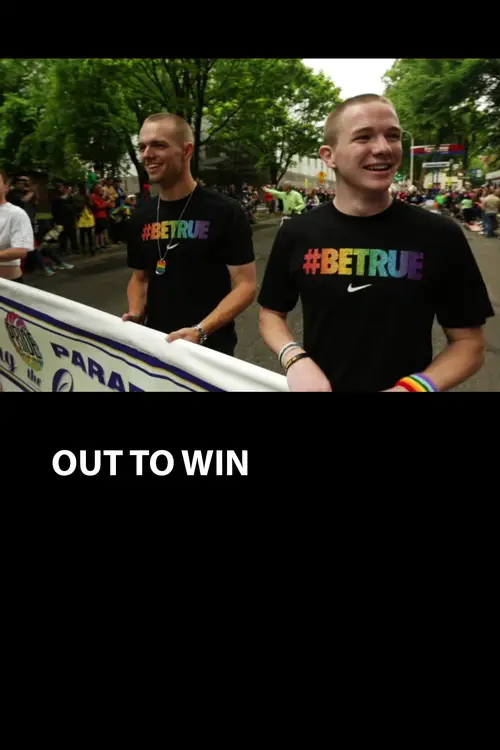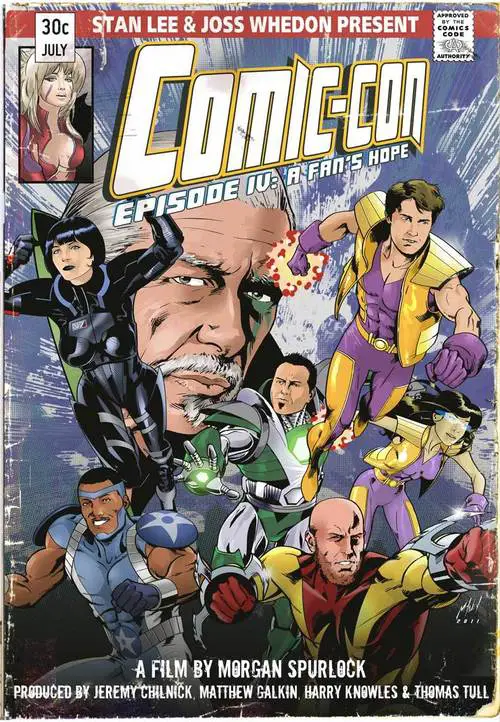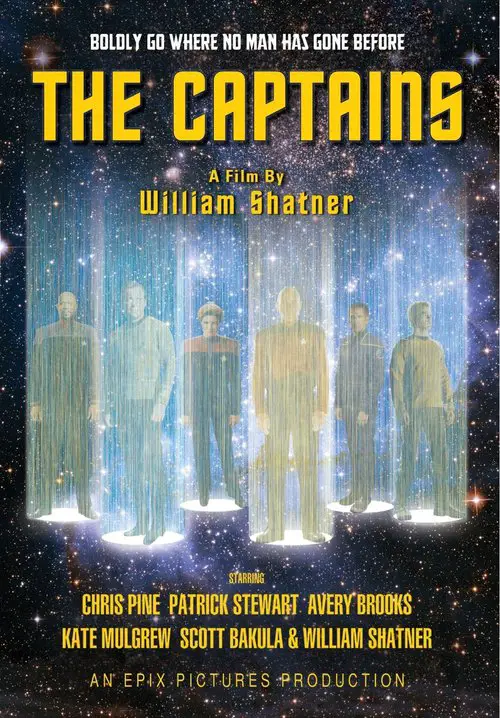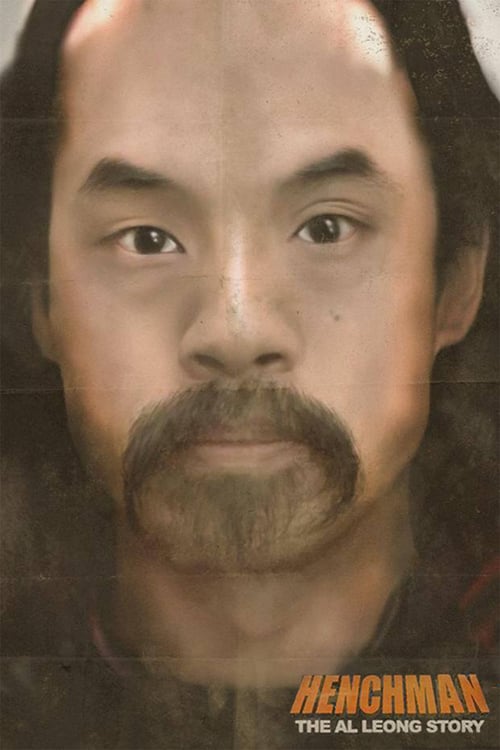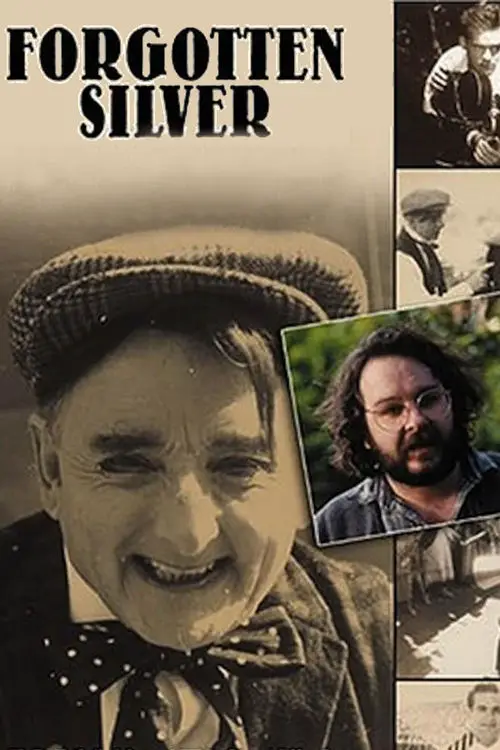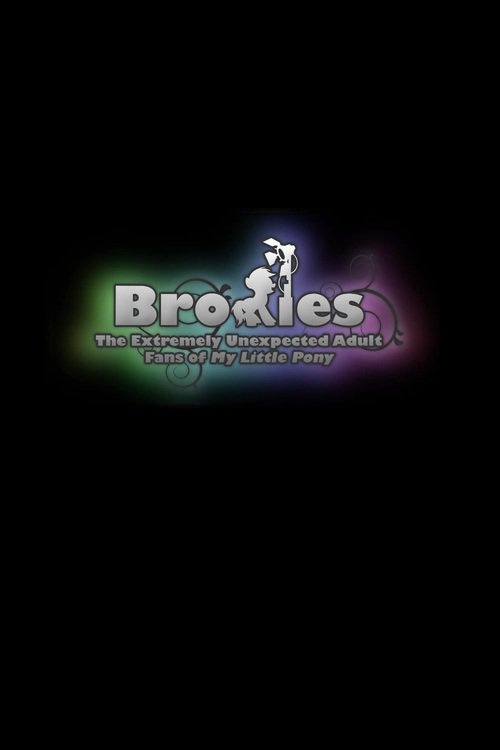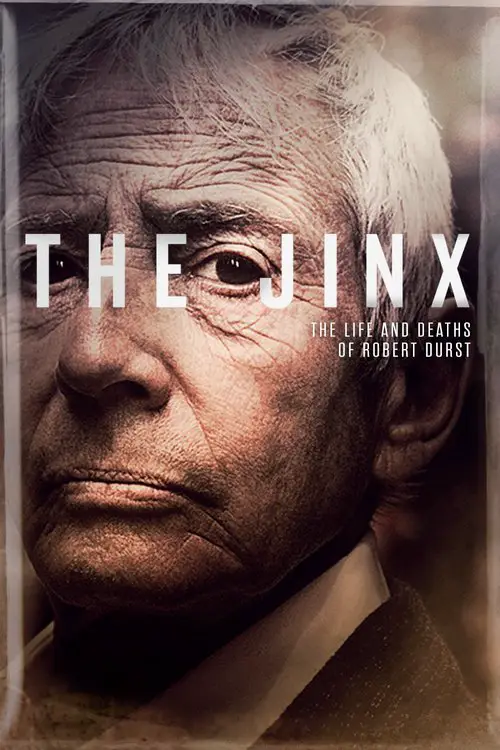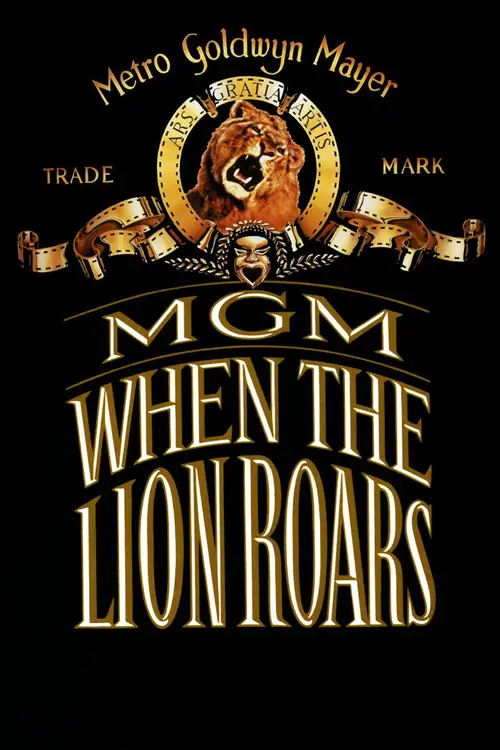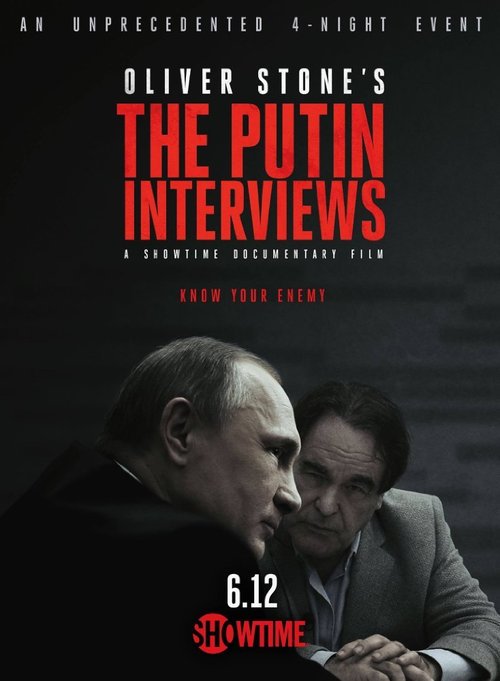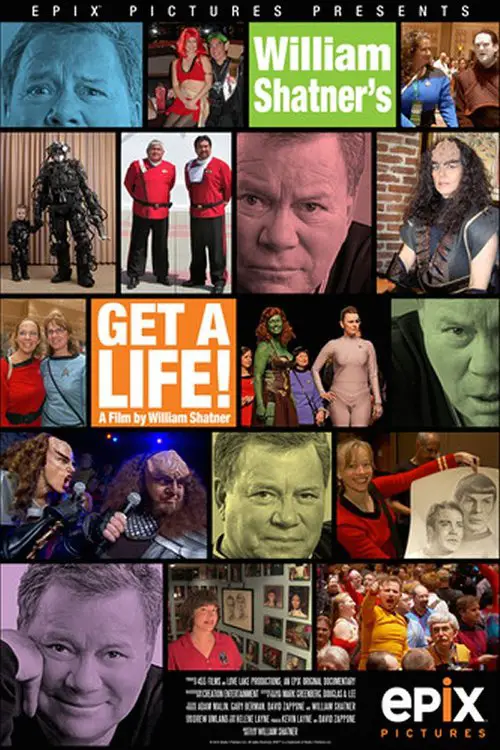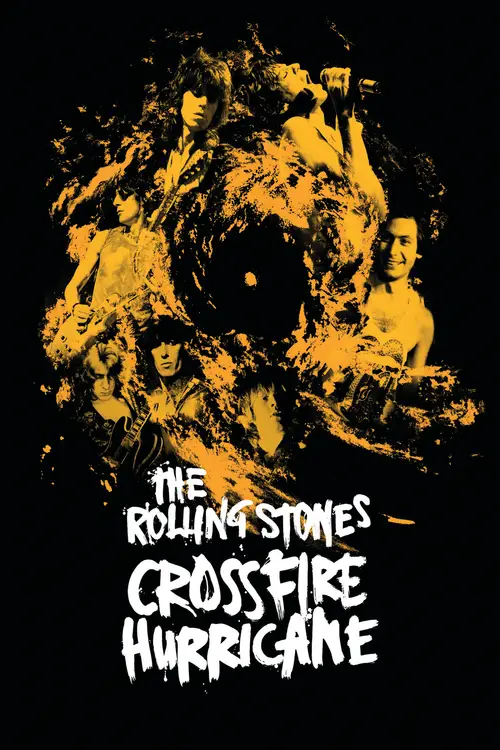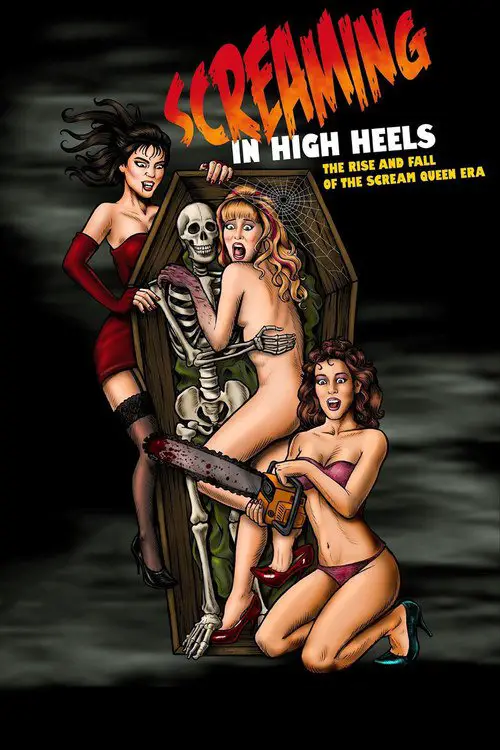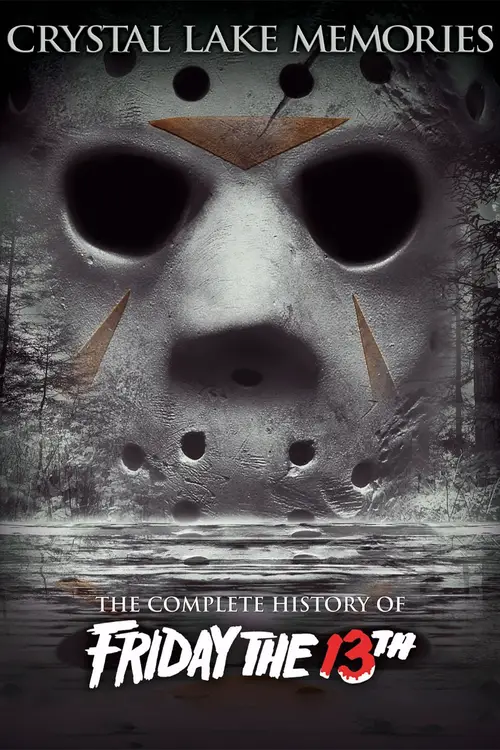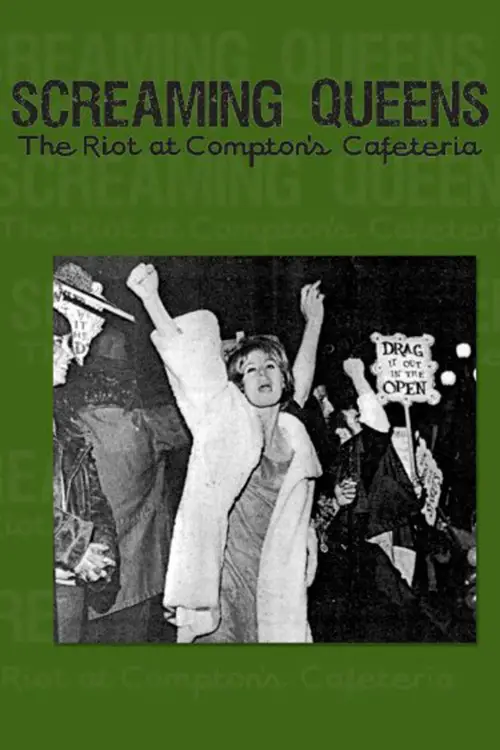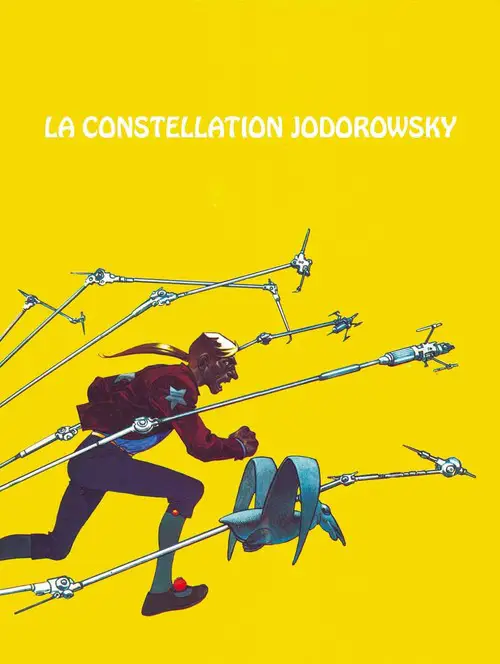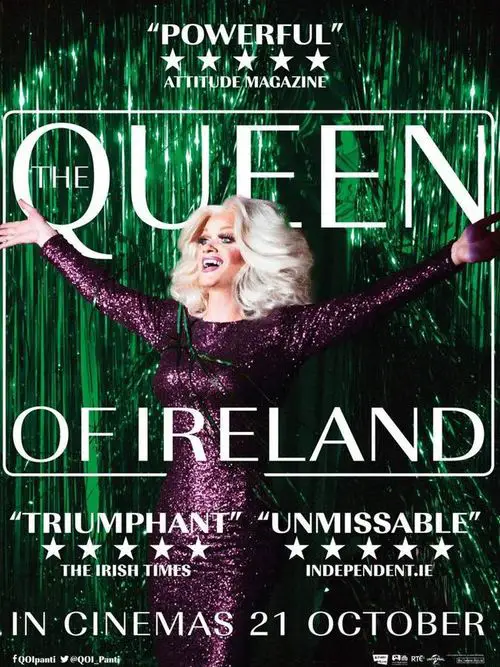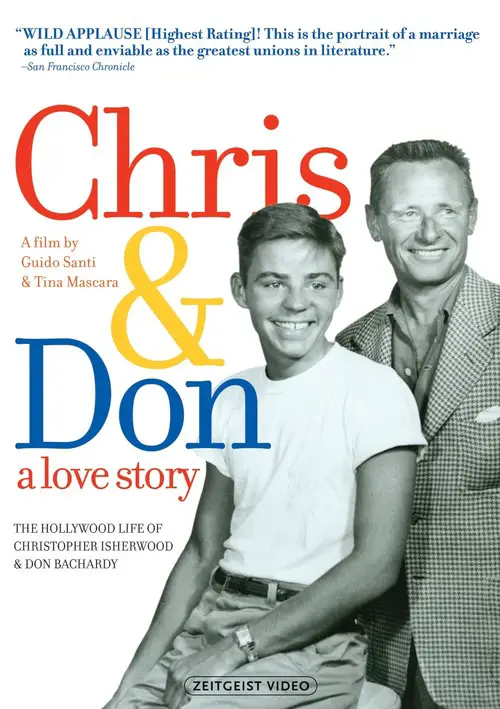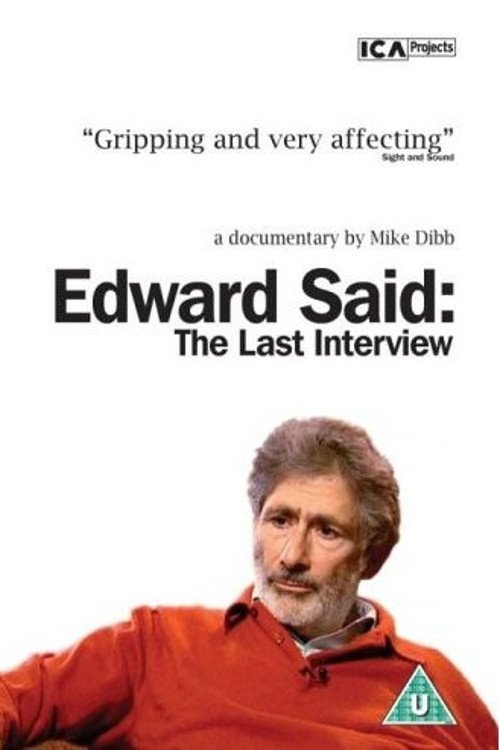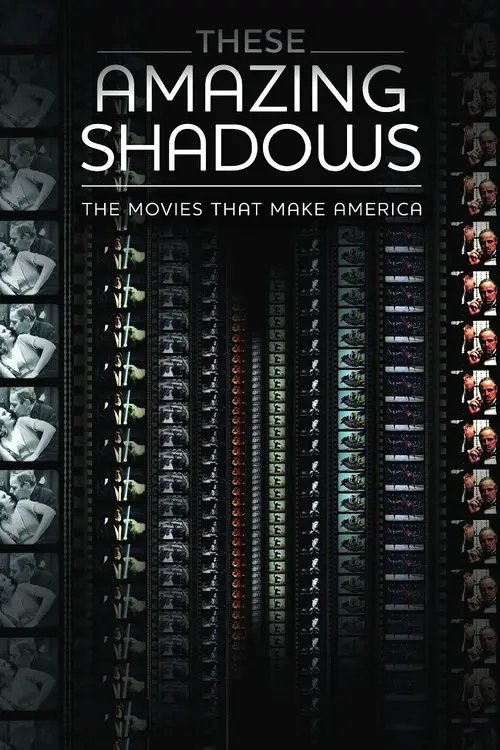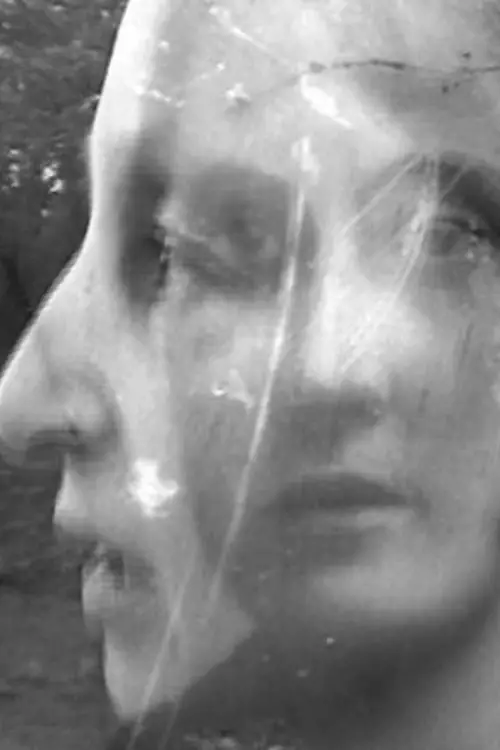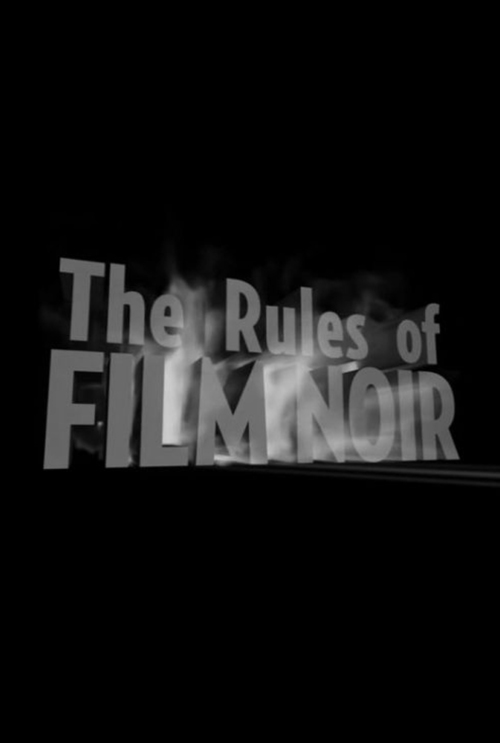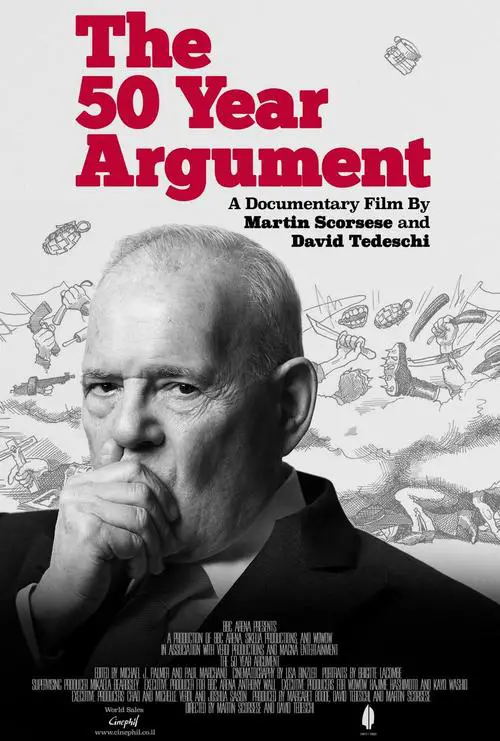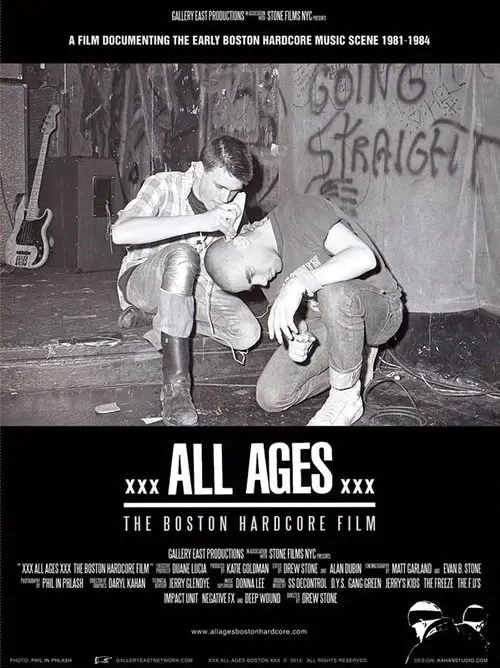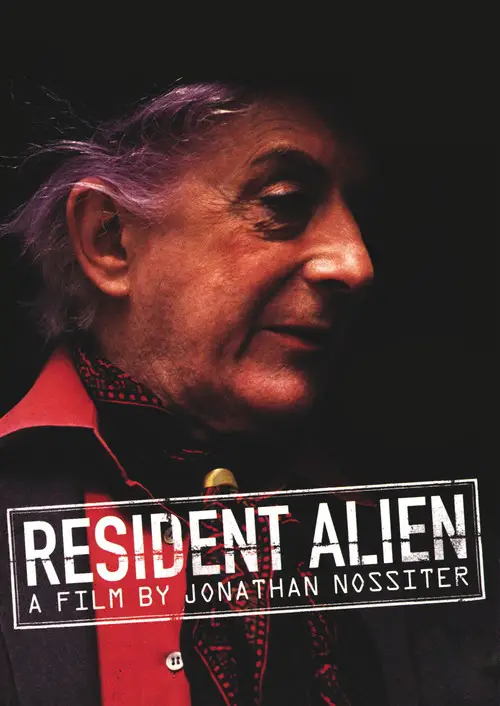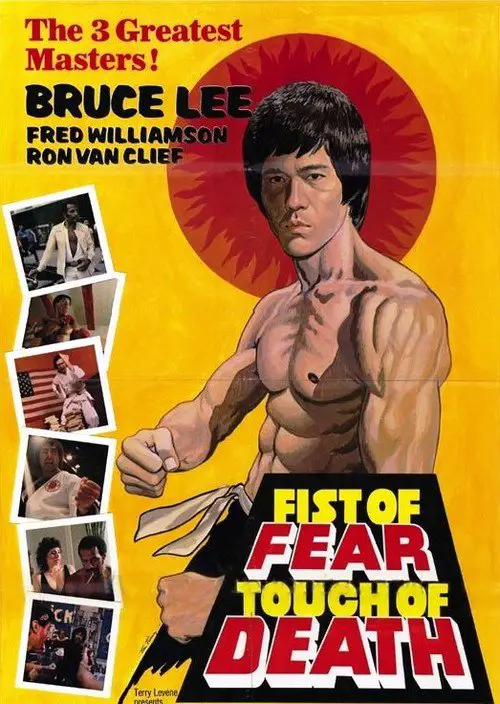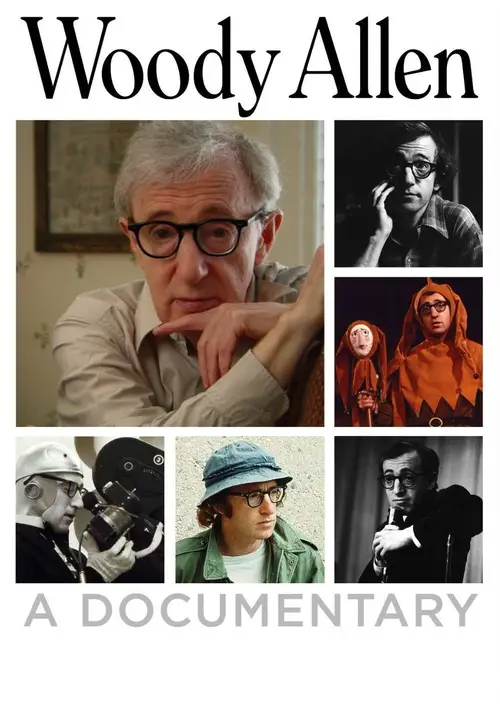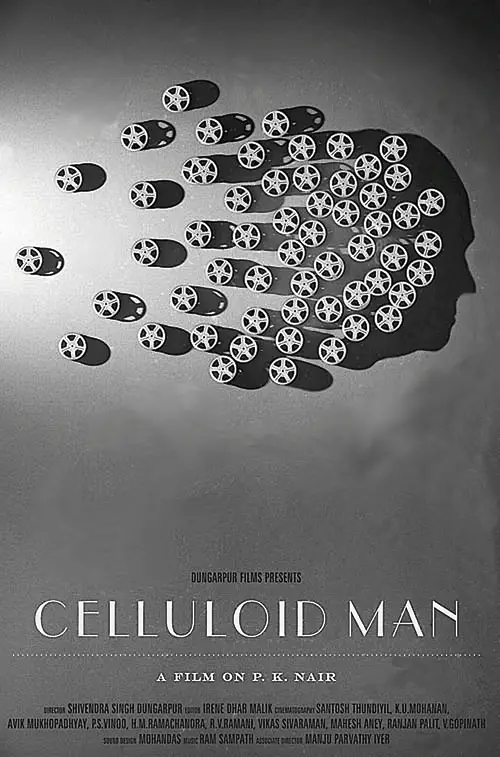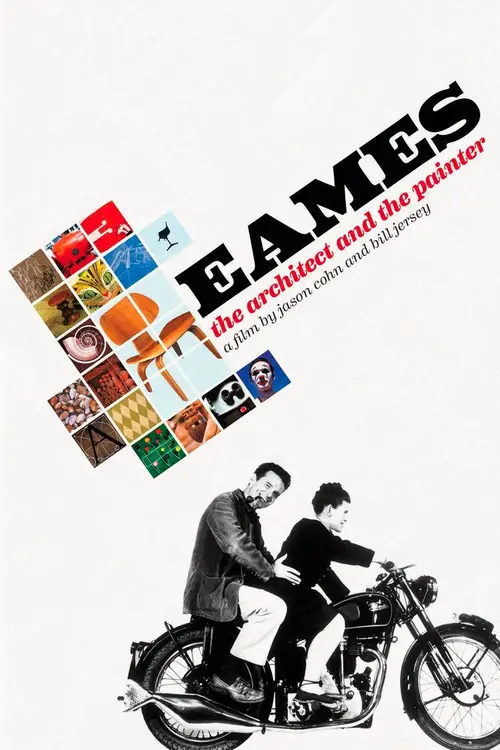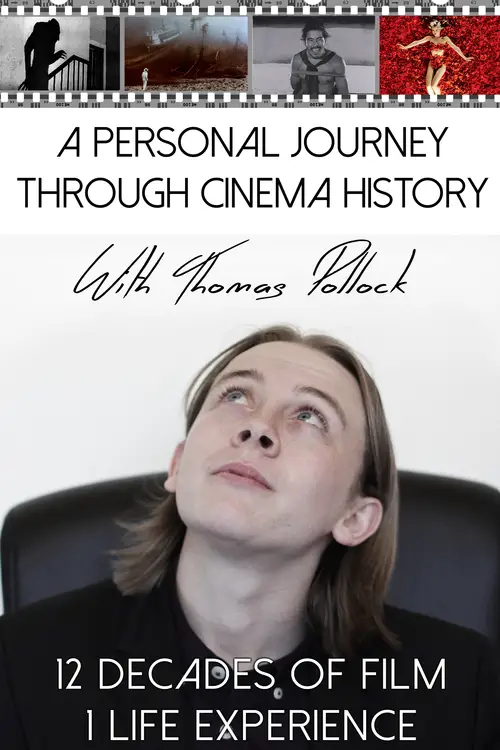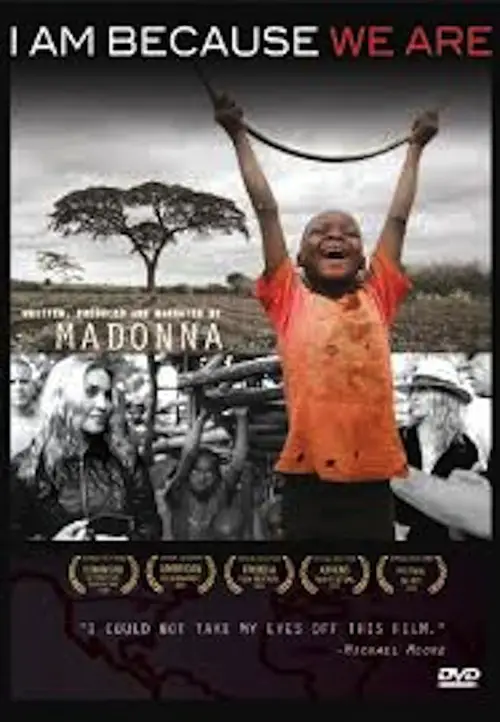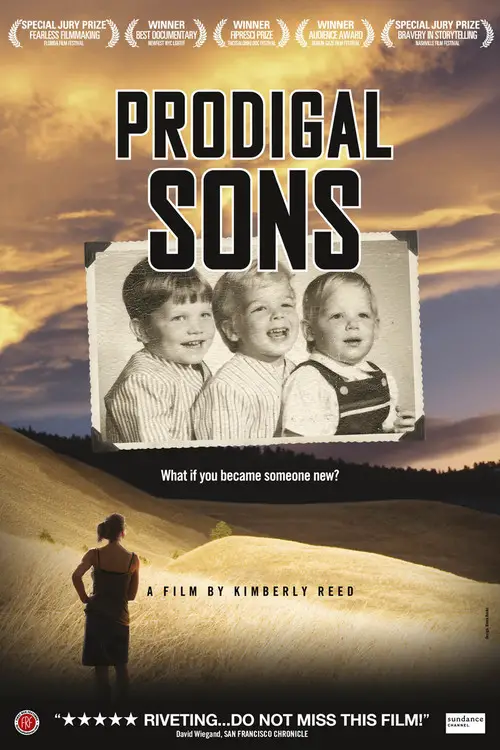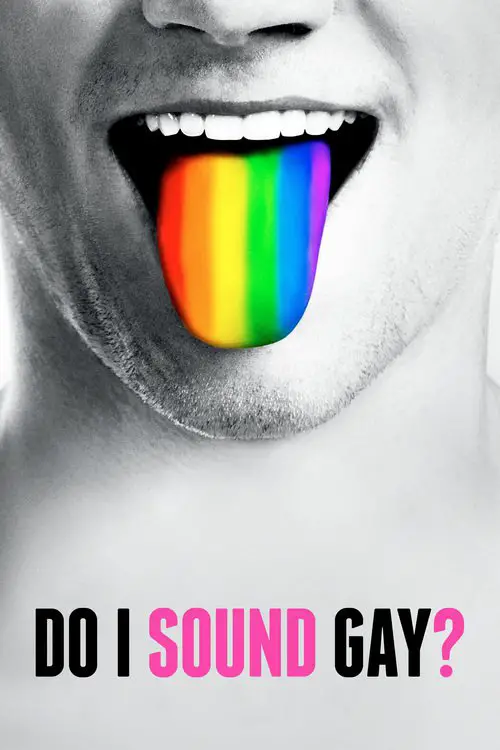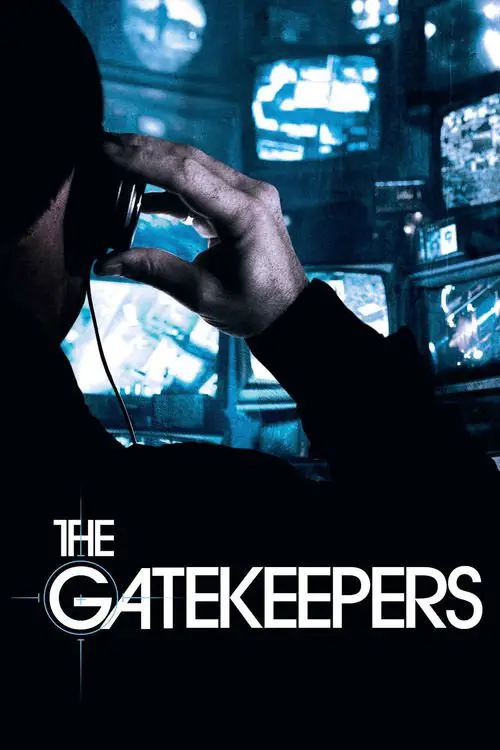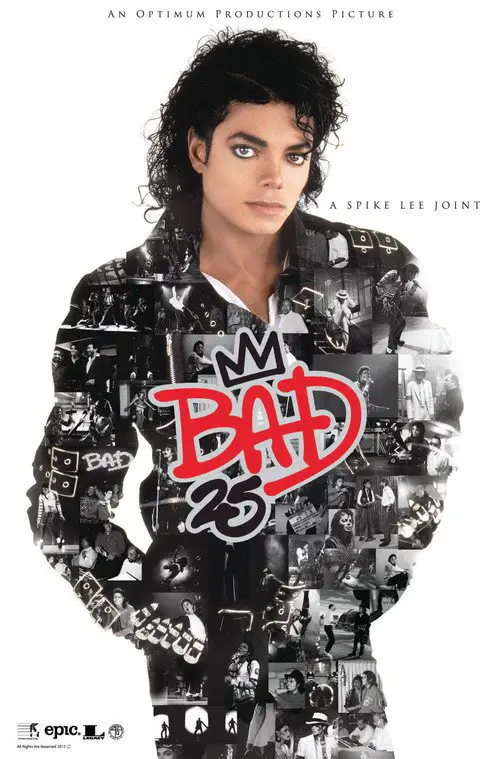Scream, Queen! My Nightmare on Elm Street (2019)
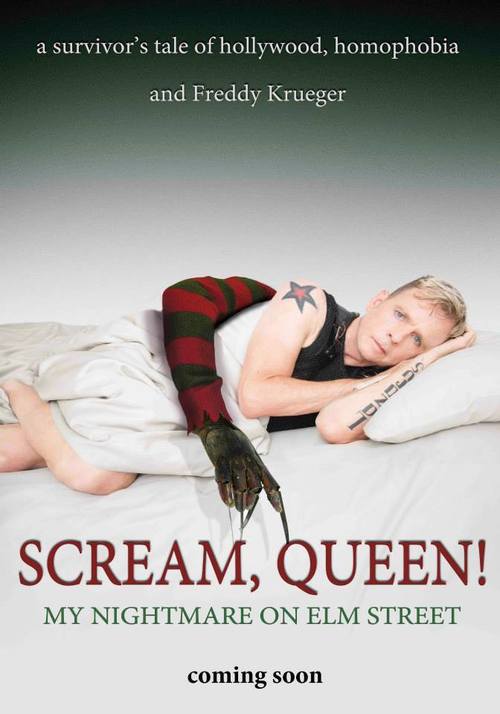
Similar movies
Over the course of a year, film follows Vancouver Pride Society president Ken Coolen to various international Pride events, including Poland, Hungary, Russia, Sri Lanka and others where there is great opposition to pride parades. In North America, Pride is complicated by commercialization and a sense that the festivals are turning away from their political roots toward tourism, party promotion and entertainment. Christie documents the ways larger, more mainstream Pride events have supported the global Pride movement and how human rights components are being added to more established events. In the New York sequence, leaders organize an alternative Pride parade, the Drag March, set up to protest the corporatization of New York Pride. A parade in São Paulo, the world's largest Pride festival, itself includes a completely empty float, meant to symbolize all those lost to HIV and to anti-gay violence.
Sex Positive explores the life of Richard Berkowitz, a revolutionary gay S&M hustler turned AIDS activist in the 1980s, whose incomparable contribution to the invention of safe sex has never been aptly credited. Mr. Berkowitz emerged from the epicenter of the epidemic demanding a solution to the problem before the outside world would take heed. Now destitute and alone, Mr. Berkowitz tells his story to a world who never wanted to listen.
After a lifetime of hiding, Chely Wright becomes the first commercial country music singer to come out as gay, shattering cultural stereotypes within Nashville, per conservative heartland family and, most importantly, within herself. With unprecedented access over a two-year period, including her private video diaries, the film layers Chely's rise to fame while hiding in the late 90's with the execution of her coming out plan, culminating in the exciting moment when she steps into the media glare to reveal she is gay. The film shows both the devastation of internalized homophobia and the transformational power of living an authentic life. The film also documents the conflicting responses from Nashville, the heartland and the LGBT community as Chely Wright prepares for an unknown future.
Filmmaker and ex-Church of Jesus Christ of Latter-day Saints member Reed Cowan examines that church's nationwide efforts to prevent the legalization of gay marriage - including California's Proposition 8, which was passed by voters in 2008. Confidential church documents, statements by high-ranking church officials and other sources detail 30 years of efforts to turn back gay rights, particularly by the Mormon-sponsored National Organization for Marriage.
In Uganda, a new bill threatens to make homosexuality punishable by death. David Kato - Uganda's first openly gay man - and his fellow activists work against the clock to defeat the legislation while combating vicious persecution in their daily lives. But no one, not even the filmmakers, is prepared for the brutal murder that shakes the movement to its core and sends shock waves around the world. (from imdb)
'We Were Here' is the first film to take a deep and reflective look back at the arrival and impact of AIDS in San Francisco, and how the City's inhabitants dealt with that unprecedented calamity. It explores what was not so easy to discern in the midst of it all - the parallel histories of suffering and loss, and of community coalescence and empowerment.
What does mean to be gay and be a man? There's no straight answer for sure. From the Castro culture of the 1970s to todayâs Bears and gym rats, this fascinating investigation of gay men and sexuality blows the lid off old stereotypes and showcases a battalion of interviewees including muscle men, rodeo riders, rugby players and cops. The men speak candidly on topics from homophobia to metrosexuality to embracing effeminacy as they reveal what it means to be a gay man in America today.
What "That's Entertainment" did for movie musicals, "The Celluloid Closet" does for Hollywood homosexuality, as this exuberant, eye-opening movie serves up a dazzling hundred-year history of the role of gay men and lesbians have had on the silver screen. Lily Tomlin narrates as Oscar-winning moviemaker Rob Epstein (The Times of Harvey Milk and Common Threads: Stories from the Quilt) and Jeffrey Friedman assemble fabulous footage from 120 films showing the changing face of cinema sexuality, from cruel stereotypes to covert love to the activist triumphs of the 1990s. Tom Hanks, Susan Sarandon, Whoopi Goldberg, Tony Curtis, Harvey Fierstein and Gore Vidal are just a few of the many actors, writers and commentators who provide funny and insightful anecdotes.
By the mid-1980s, the fabled animation studios of Walt Disney had fallen on hard times. The artists were polarized between newcomers hungry to innovate and old timers not yet ready to relinquish control. These conditions produced a series of box-office flops and pessimistic forecasts: maybe the best days of animation were over. Maybe the public didn't care. Only a miracle or a magic spell could produce a happy ending. Waking Sleeping Beauty is no fairy tale. It's the true story of how Disney regained its magic with a staggering output of hits - "Little Mermaid," "Beauty and the Beast ," "Aladdin," "The Lion King," and more - over a 10-year period.
Through a focus on the life of Dalton Trumbo (1905-1976), this film examines the effects on individuals and families of a congressional pursuit of Hollywood Communists after World War II. Trumbo was one of several writers, directors, and actors who invoked the First Amendment in refusing to answer questions under oath. They were blacklisted and imprisoned. We follow Trumbo to prison, to exile in Mexico with his family, to poverty, to the public shunning of his children, to his writing under others' names, and to an eventual but incomplete vindication. Actors read his letters; his children and friends remember and comment. Archive photos, newsreels and interviews add texture. Written by
I'm from Hollywood is about the adventures of late performance artist Andy Kaufman in the world of professional wrestling. This film includes interviews with Taxi co-stars Marilu Henner and Tony Danza and interviews with comedian Robin Williams, wrestler Jerry Lawler, wrestling commentator Lance Russell, and Kaufman's best friend, Bob Zmuda. Other people seen in the film include TV host David Letterman and Jimmy Hart of Continental Wrestling Association. The film's title refers to a phrase spoken by Kaufman to the Memphis wrestling audience.
Zürich in the mid 50âs: The young shy teacher Ernst Ostertag becomes a member of the gay organisation DER KREIS. There he gets to know the transvesti- te star Röbi Rapp â and immediately falls head over heels in love with him. Röbi and Ernst live through the high point and the eventual decline of the organization, which in the whole of Europe is seen as the pioneer of gay eman- cipation. Ernst finds himself torn between his bour- geois existence and his commitment to homosexuality, for Röbi it is about his first serious love relationship. A relationship which will last a lifetime. The film looks back from the present to the time when the âMotherâ of all European homosexual or- ganizations had its high point to the time it slowly fell apart. While the repression against homosexu- als became increasingly more intense in Zurich, two young and very different men fight for their love and â together with their friends â for the rights of gays.
Joaquim Pinto has been living with HIV and VHC for almost twenty years. âWhat now? Remind Meâ is the notebook of a year of clinical studies with toxic, mind altering drugs as yet unapproved. An open and eclectic reflection on time and memory, on epidemics and globalization, on survival beyond all expectations, on dissent and absolute love. In a to-and-fro between present and past memories, the film is also a tribute to friends departed and those who remain.
Vancouver-based voice artist Ashleigh Ball has been the voice of numerous characters in classic cartoons such as Care Bears, Strawberry Shortcake, Cinderella and more. When Ashleigh was hired to voice Apple Jack and Rainbow Dash for Hasbro's fourth series to use the My Little Pony name - My Little Pony: Friendship Is Magic - she had no idea she would become an Internet phenomenon and major celebrity to a worldwide fan-base of grownups. Bronies are united by their belief in the show's philosophy. This documentary gives an inside view of the Pony fan-world, and an intimate look at the courage it takes to just be yourself...even when that means liking a little girls' cartoon.
On the 11th Annual National Day of Silence, Erin Davies was victim to a hate crime in Albany, New York. Because of sporting a rainbow sticker on her VW Beetle, Erin's car was vandalized, left with the words "fag" and "u r gay" placed on the driver's side window and hood of her car. Despite initial shock and embarrassment, Erin decided to embrace what happened by leaving the graffiti on her car. She took her car, now known worldwide as the "fagbug," on a 58-day trip around the United States and Canada. Along the way, Erin discovered other, more serious hate crimes, had people attempt to remove the graffiti, and experimented with having a male drive her car. After driving the fagbug for one year, Erin decided to give her car a makeover.
Ten years in the making, KISS Loves You is a film that began back in 1994 when the band KISS was at a career low and KISS fans around the world were starting tribute bands, uniting at unofficial KISS Conventions and growing increasingly more nostalgic for the 70's era classic KISS line-up. The zeitgeist exhibited at these conventions was not lost on the band and in 1996 they responded, rising up like a grease painted phoenix into a new era of success. On the surface, KISS fans got exactly what they longed for, but for some the return of their idols brought unexpected consequences. KISS Loves You follows a few KISS fans along the way.
Videograms of a Revolution is a 1992 documentary film compiled by Harun Farocki and Andrei UjicÄ from over 125 hours of amateur footage, news footage, and excerpts from the Bucharest TV studio overtaken by demonstrators as part of the December 1989 Romanian Revolution. In 2004 the Austrian Film Archive selected the documentary as part of its Die Utopie Film program for The Best 100 in Film History list.
Out to Win is a documentary film that serves as an overview and examination of lives and careers of aspiring and professional gay and lesbian athletes from all over the world. Chronicling the present, framed within a historical context of those that came before, this film highlights the experiences of athletes who have fought and struggled, both in and out of the closet, to represent the LGBT community and their true selves. This film is told through the voices of pioneers, present day heroes, tomorrow's superstars and the people who've helped them succeed. Featuring interviews with trailblazers including Martina Navratilova, Billie Jean King, Jason Collins, Brittney Griner and more.
This dryly funny mockumentary about the lost work of a pioneering New Zealand film genius is probably one of the best examples of the faux-documentary genre. In fact, it was so successful that when it originally aired on New Zealand television, hundreds of viewers bought the premise hook, line, and sinker. If you didn't know any better yourself, it's entirely possible you might be duped into believing the extremely tall tale of one Colin MacKenzie, an ambitious filmmaker who made the world's first talking movie (years before The Jazz Singer), invented color film, and created a huge biblical epic that would put Cecil B. DeMille and D.W. Griffith to shame. Filmmaker Peter Jackson (Heavenly Creatures) shrewdly inserts himself into the film via his documentation of the "discovery" of McKenzie's lost epic, which for years was preserved in a garden shed.
Robert Durst, scion of one of New Yorkâs billionaire real estate families, has been accused of three murders but never convicted. Brilliant, reclusive, and the subject of relentless media scrutiny, heâs never spoken publiclyâuntil now. During interviews with Andrew Jarecki, he reveals secrets of the case that baffled authorities for 30 years. In 2010, Jarecki made the narrative film All Good Things based on the infamous story of Robert Durst. After Durst saw the film, he contacted Jarecki wanting to tell his story. What began as a feature documentary ultimately became a six-part series as more and more of his incredible story was revealed.
This film is released as part of the ongoing 50th anniversary celebration of the Rolling Stones. It tells the story of the Stones' unparalleled journey from blues obsessed teens in the early 60s to their undisputed status as rock royalty. All of the Stones have been newly interviewed and their words form the narrative arc that links together archive footage of performances, news coverage, and interviews, much of it previously unseen. Taking its title from a lyric in "Jumpin' Jack Flash," this film gives the viewer an intimate insight into exactly what it's like to be part of the Rolling Stones as they overcome denunciation, drugs, dissensions, and death to become the definitive survivors. Over a year in the making and produced with the full cooperation and involvement of the Stones, this film is and will remain the definitive story of the world's greatest rock 'n' roll band
Since the invention of cinema, the standard format for recording moving images has been film. Over the past two decades, a new form of digital filmmaking has emerged, creating a groundbreaking evolution in the medium. Keanu Reeves explores the development of cinema and the impact of digital filmmaking via in-depth interviews with Hollywood masters, such as James Cameron, David Fincher, David Lynch, Christopher Nolan, Martin Scorsese, George Lucas, Steven Soderbergh, and many more.
Three girls living in Los Angeles, CA in the 1980s found cult fame when they "accidentally" transitioned from models to B-movie actresses, coinciding with the major direct-to-video horror film boom of the era. Known as "The Terrifying Trio," Linnea Quigley (The Return of the Living Dead), Brinke Stevens (The Slumber Party Massacre) and Michelle Bauer (The Tomb), headlined upwards of ten films per year, fending off men in rubber monster suits, pubescent teenage boys, and deadly showers. They joined together in campy cult films like Sorority Babes in the Slimeball Bowl-a-Rama (1988) and Nightmare Sisters (1987). They traveled all over the world, met President Reagan, and built mini-empires of trading cards, comic books, and model kits. Then it all came crashing down. This documentary remembers these actresses - and their most common collaborators - on how smart they were to play stupid
The first major uprising against police brutality, harassment, and societal oppression was not at Stonewall in 1969, but at Compton's Cafeteria in San Francisco three years earlier. Those who stood up were trans women and gay men. Now, nearly 40 years on, Susan Stryker and Victor Silverman tell the story of this oft-overlooked event in the history of American civil rights.
This documentary depicts the filmmaker Alejandro Jodorowsky talking about his life, his loves, his career as a filmmaker, graphic novelist, and workshop leader, and his eccentricities including tarot reader and theatrical director during The Panic Movement. Directed by Louis Mouchet, La Constellation Jodorowsky includes a lengthy on-camera interview with Jodorowsky in Spanish with subtitles. Marcel Marceau, Fernando Arrabal, Peter Gabriel, Jean "Moebius" Giraud, and Jean Pierre Vignau make appearances discussing their various projects with the director. In addition to the interview and film clips, Mouchet features some bizarre footage from Jodorowskyâs absurdist plays in which topless women splattered with paint writhe around the stage in a theatrical production meant to represent The Panic Movement, i.e., an artistic expression in which reason cannot fully express the human experience.
Panti Bliss is many things: part glamorous aunt, part Jessica Rabbit, she's a wittily incisive performer with charisma to burn who is regarded as one of the best drag queens in the business. Created by Rory O'Neill, Panti is also an accidental activist and in her own words 'a court jester, whose duty is to say the un-sayable'. Over the last few years Rory has become a figurehead for LGBT rights in Ireland and since the recent scandal around Pantigate, his fight for equality and against homophobia has been recognised all around the world.
Prominent Columbia University English and Comparative Literature professor Edward Said was well known in the United States for his tireless efforts to convey the plight of the Palestinian people, and in this film shot less than a year before his death resulting from incurable leukemia, the author of such books as {-Orientalism}, {-Culture and Imperialism}, and {-Power, Politics, and Culture} discusses with filmmakers his illness, his life, his education, and the continuing turmoil in Palestine. Diagnosed with the disease in 1991, Said struggled with his leukemia throughout the 1990s before refraining from interviews due to his increasingly fragile physical state. This interview was the one sole exception to his staunch "no interview" policy, and provides fascinating insight into the mind of the man who became Western society's most prominent spokesman for the Palestinian cause.
This video documentary centers on the questions of civil liberties and cultural differences in a society beginning to open as one woman searches for her own ethnic roots, identity and family history in Ukraine. Issues of human rights, anti-Semitism, homophobia, feminism and a divided and economically-depressed country are encountered as Barbara Hammer, a feminist activist and pioneer of lesbian cinema, return to a âhomelandâ full of struggling as people search for a new post-glasnost identity.
Matthew Sweet explores his rules of 1940s and 50s American film noir thrillers: *Choose a dame with no past and a hero with no future *Use no fiction but pulp fiction *See America through a stranger's eyes *Make it any colour as long as it's black *It ain't what you say, it's the way that you say it.
Directed by acclaimed filmmaker Martin Scorsese and his longtime documentary collaborator David Tedeschi, A 50 Year Argument rides the waves of literary, political, and cultural history as charted by the The New York Review of Books, Americaâs leading journal of ideas for over 50 years. Provocative, idiosyncratic and incendiary, the film weaves rarely seen archival material, contributor interviews, excerpts from writings by such icons as James Baldwin, Gore Vidal, and Joan Didion along with original verité footage filmed in the Reviewâs West Village offices. Confrontation and original argument are in the Review's DNA - the magazine seems as vital now as when it was run by its indefatigable founding editors, Robert Silvers and the late Barbara Epstein. Co-produced with the BBC's award-winning Arena and shaped by Scorcese's vivid filmmaking style, The Fifty Year Argument captures the power of ideas in influencing history.
A documentary film that explores the early Boston Hardcore music scene from the years 1981 through 1984. This film delves into the social and communal aspects of that particular era. The community, culture, straight edge and DIY (do it yourself) ethic of the time are all explored in the film. Never before seen archival footage, photographs, interviews and dramatizations make up the body of the film. Bands included are SS Decontrol, DYS, Gang Green, The FU's, Jerry's Kids, Negative FX, The Freeze, and more.
At age 73, writer and melancholy master of the bon mot, Quentin Crisp (1908-1999), became an Englishman in New York. Rossiter's camera follows Crisp about the streets of Manhattan, where Crisp seems very much at home, wearing eye shadow, appearing on a makeshift stage, making and repeating wry observations, talking to John Hurt (who played Crisp in the autobiographical TV movie, "The Naked Civil Servant"), and dining with friends. Others who know Crisp comment on him, on his life as an openly gay man with an effeminate manner, and on his place in the history of gays' social struggle. The portrait that emerges is of one wit and of suffering.
This flick interviews up and coming glam bands who made their home in the L.A. scene. Also interviewed are some of the genre's idols including Kiss, Aerosmith, Alice Cooper, Poison, Megadeth, Lemmy from Motorhead and of course, Ozzy. Also, spotlighted performances from bands such as Faster Pussycat, Odin, London (Nikki Sixx's old band), Seduce and Megadeth. The movie's range of topics include groupies, alcoholism, drugs, the glam image and why it attracted so many people from many walks of life. The movie's funniest (and saddest) segment includes filmmaker Penelope Spheeris's attempt to interview a W.A.S.P. guitarist in his pool, drunk as a skunk and with his MOM sitting right there!
The husband-and-wife team of Charles and Ray Eames were America's most influential and important industrial designers. Admired for their creations and fascinating as individuals, they have risen to iconic status in American culture. 'Eames: The Architect & The Painter' draws from a treasure trove of archival material, as well as new interviews with friends, colleague, and experts to capture the personal story of Charles and Ray while placing them firmly in the context of their fascinating times.
I Am Because We Are is a 2008 documentary film directed by Nathan Rissman and written, narrated, and produced by Madonna through her production company Semtex Films. The film documents the concern over the millions of orphans in the African country of Malawi who have lost parents and siblings to HIV and AIDS, many of whom live on the streets. The film also shows the efforts with Madonna's charitable organisation Raising Malawi in helping with improving their lives and conditions.
Filmmaker Kimberly Reed returns home for her high school reunion, ready to reintroduce herself to the small town as a transgender woman and hoping for reconciliation with her long estranged adopted brother Marc. Things are complicated by the shocking revelation that Marc may be the grandson of Orson Wells and Rita Hayworth, forcing Kim and her family to explore questions of sexual orientation, identity, severe trauma and love.
In an unprecedented and candid series of interviews, six former heads of the Shin Bet â Israel's intelligence and security agency â speak about their role in Israel's decades-long counterterrorism campaign, discussing their controversial methods and whether the ends ultimately justify the means. (TIFF)
Spike Lee pays tribute to Michael Jackson's Bad on the twenty-fifth anniversary of the epochal album, offering behind-the-scenes footage of Jackson recording the album and interviews with confidants, musicians, choreographers, and such music-world superstars as Kanye West, Sheryl Crow, Cee Lo Green and Mariah Carey.
© Valossa 2015–2026
| Privacy Policy
